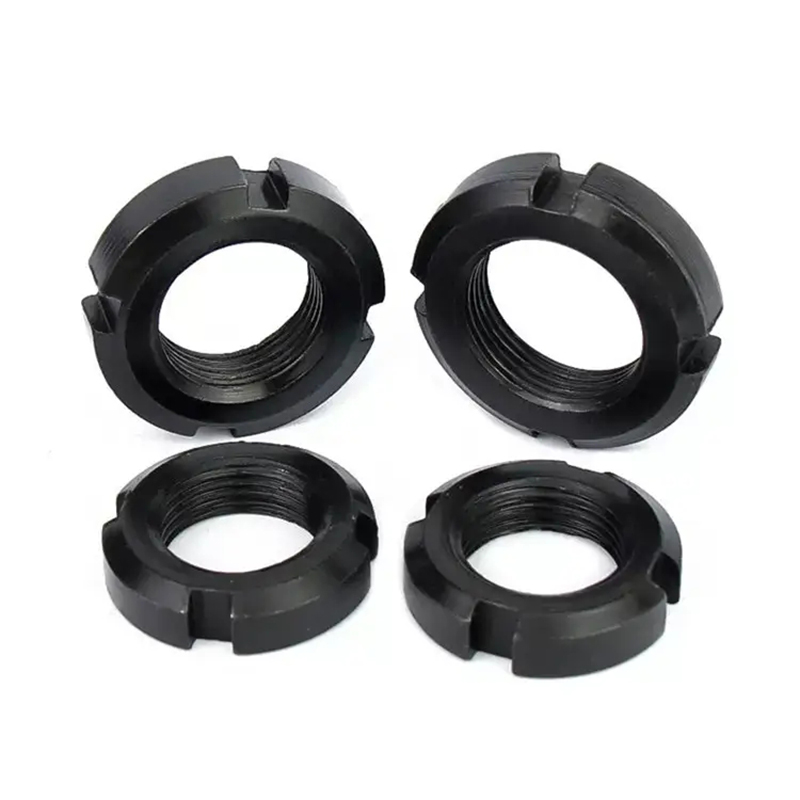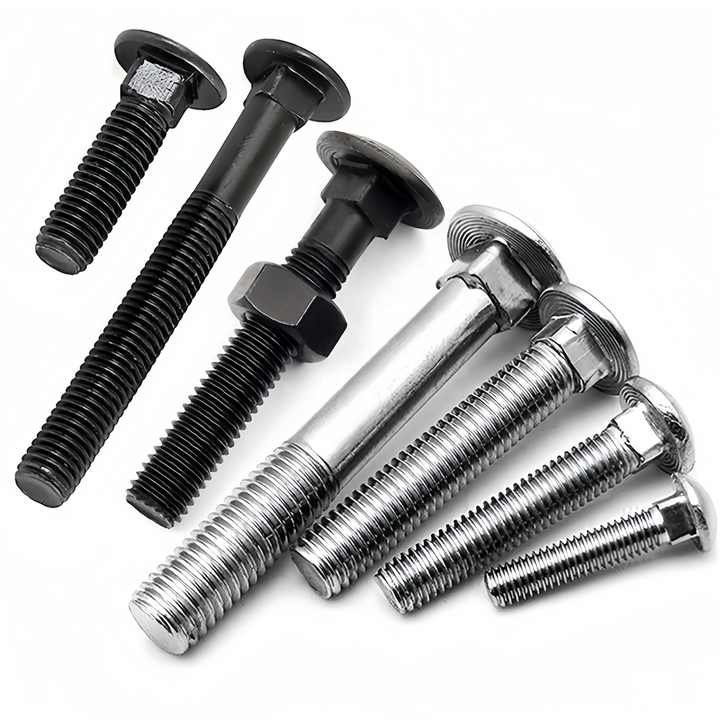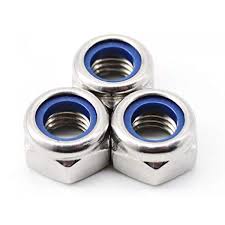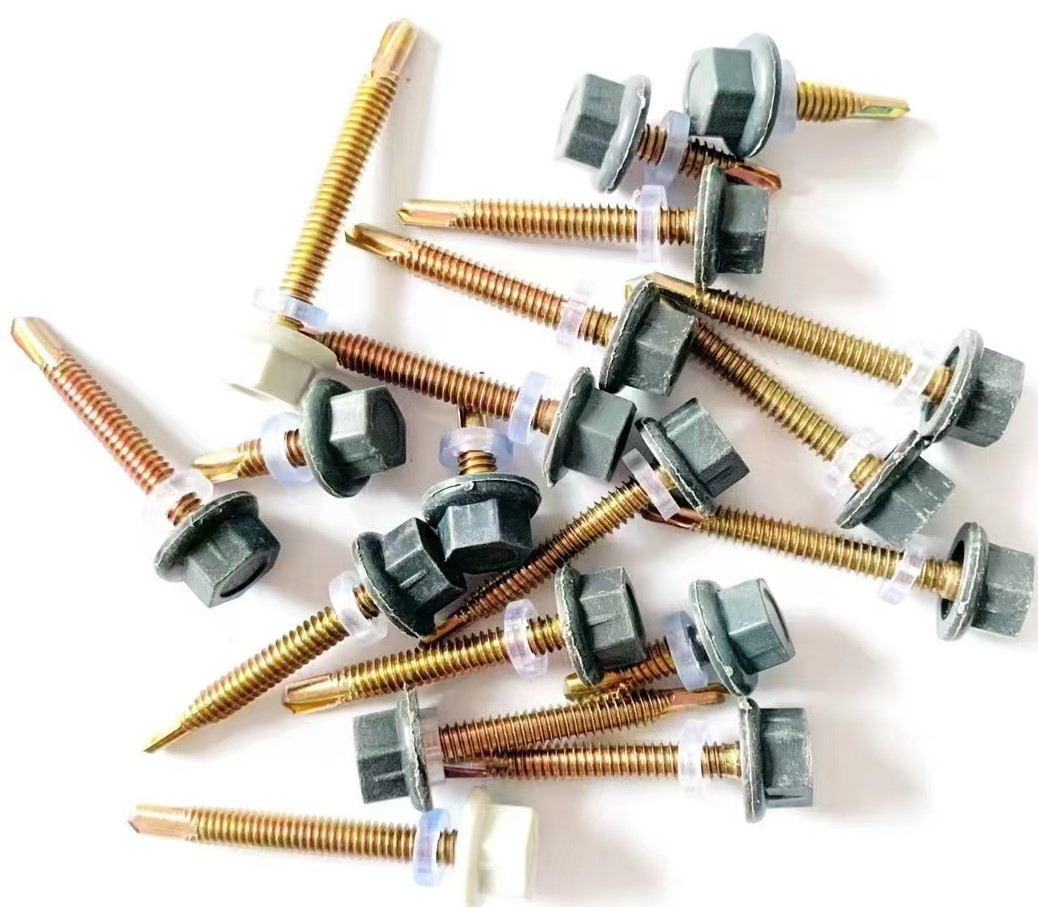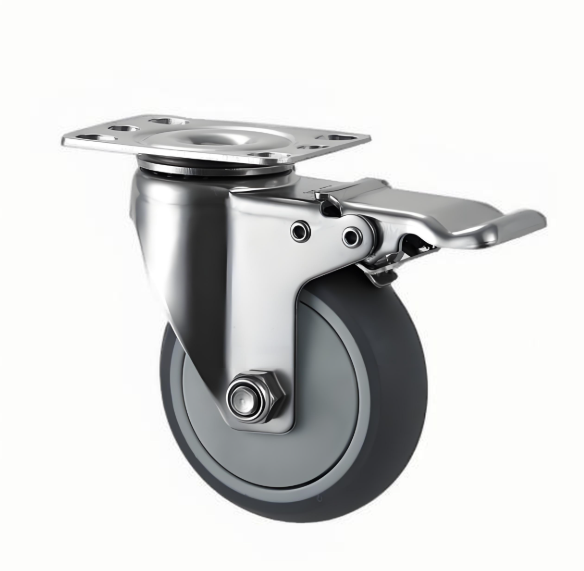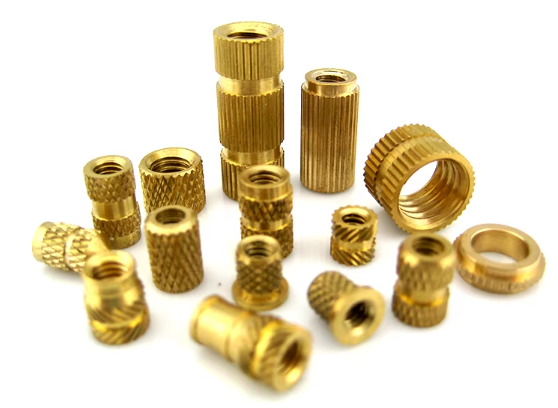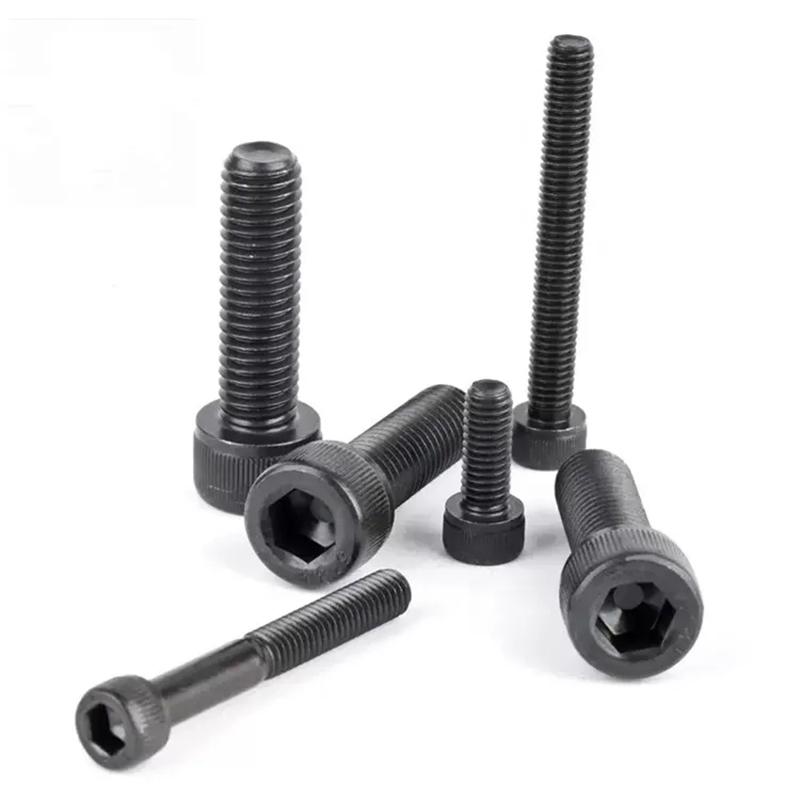

This guide provides a thorough overview of sourcing high-quality stainless eye bolts from reputable exporters. We explore key factors to consider when choosing a supplier, discuss different types of stainless eye bolts, and offer insights to help you make informed decisions for your specific needs. Learn how to ensure quality, reliability, and cost-effectiveness in your sourcing strategy.
Stainless eye bolts are essential fasteners used in various industries. They're characterized by their high corrosion resistance, making them ideal for both indoor and outdoor applications. Different types exist, including those made from various grades of stainless steel (like 304 and 316), each offering varying levels of strength and corrosion resistance. Size and thread type are also crucial specifications, influencing their load-bearing capacity and compatibility with other components. Consider the intended application and environmental conditions to select the appropriate type and size.
The grade of stainless steel significantly impacts the stainless eye bolt's performance. 304 stainless steel is a common choice, offering good corrosion resistance and strength. However, for more demanding environments, such as marine or chemical applications, 316 stainless steel provides superior resistance to chloride corrosion. Selecting the correct material is crucial for ensuring longevity and reliability. Understanding the difference between these grades is key to choosing the right stainless eye bolt for your project.
Finding a reliable stainless eye bolt exporter is vital for securing high-quality products at competitive prices. Several factors must be carefully evaluated, including the exporter's reputation, certifications (like ISO 9001), manufacturing capabilities, minimum order quantities (MOQs), lead times, and customer service responsiveness. Thorough due diligence helps mitigate risks and ensures a smooth procurement process. Always verify the exporter’s credentials and check for customer reviews before placing an order.
Before committing to a supplier, it's essential to verify their credentials. Check for certifications, request samples for testing, and review their quality control measures. A reputable exporter will be transparent about their manufacturing processes and readily provide documentation to support their claims. Don't hesitate to ask questions and request additional information to ensure complete confidence in the supplier's capabilities and reliability. Examine their commitment to quality assurance and their handling of any potential issues.
Importing stainless eye bolts involves navigating international trade regulations and documentation. Familiarize yourself with import tariffs, customs procedures, and necessary paperwork. Working with a customs broker can streamline the process and help you avoid costly mistakes. Understanding import regulations ensures compliance and prevents delays.
Secure competitive pricing by comparing quotes from multiple exporters. Negotiate favorable shipping terms and factor in potential logistical challenges, such as port congestion or customs delays. Transparency in pricing and shipping costs helps you create a more accurate budget and avoid unexpected expenses. A detailed understanding of your supply chain is essential.
Selecting the appropriate stainless eye bolt exporter requires careful consideration of various factors. This guide has outlined key aspects to help you navigate this process effectively. Remember to thoroughly research potential suppliers, verify their credentials, and establish clear communication to ensure a successful procurement experience. By following these steps, you can confidently source high-quality stainless eye bolts that meet your specific needs.
For high-quality stainless eye bolts and exceptional service, consider contacting Hebei Dewell Metal Products Co., LTD. They are a leading stainless eye bolt exporter committed to providing superior products and customer support.
| Stainless Steel Grade | Corrosion Resistance | Strength | Typical Applications |
|---|---|---|---|
| 304 | Good | High | General purpose, indoor and outdoor |
| 316 | Excellent (especially against chlorides) | High | Marine, chemical, and harsh environments |
Disclaimer: This information is for general guidance only and does not constitute professional advice. Always consult with relevant experts for specific applications.

